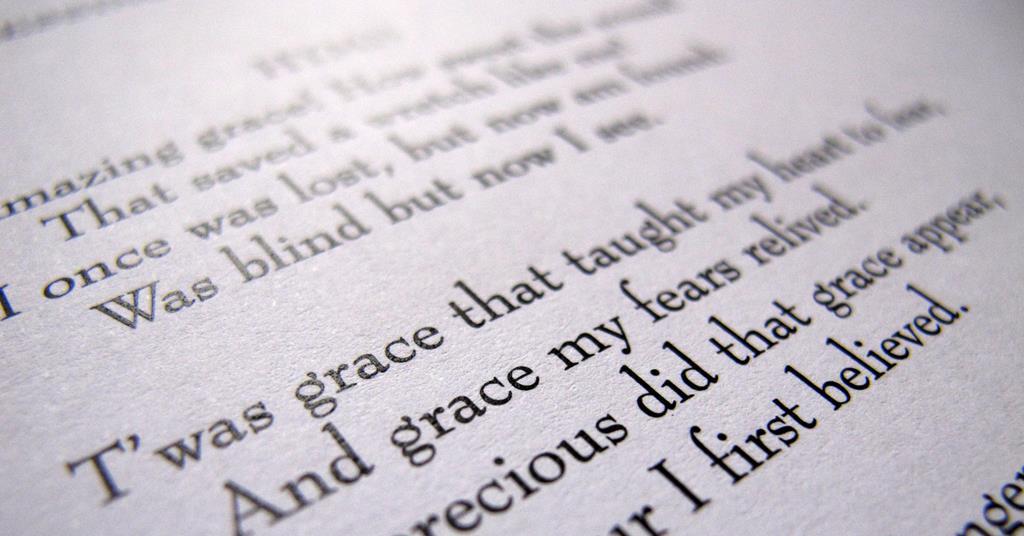Amazing Grace. I don’t know why I don’t like it but I never have.
Any chance you'd try a couple different renditions:
This group I never heard of; but they're awesome!
Dianna Ross in person in Vienna with a full orchestra!
Pentatronix; They don't do anything bad! Too short though
Love it when she says: Come on!... It's Amazing Grace!
"
Amazing Grace" is a
Christian hymn written in 1772 and published in 1779 by English
Anglican clergyman and poet
John Newton (1725–1807).
It is possibly the most sung and most recorded hymn in the world, and especially popular in the United States, where it is used for both religious and secular purposes.[1][2][3]
Newton wrote the words from personal experience; he grew up without any particular religious conviction, but his life's path was formed by a variety of twists and coincidences that were often put into motion by others' reactions to what they took as his recalcitrant insubordination. He was
pressed into service with the
Royal Navy, and after leaving the service, he became involved in the
Atlantic slave trade. In 1748, a violent storm battered his vessel off the coast of
County Donegal, Ireland, so severely that he called out to
God for mercy. While this moment marked
his spiritual conversion, he continued slave trading until 1754 or 1755, when he ended his seafaring altogether. Newton began studying
Christian theology and later became an
abolitionist.
Ordained in the
Church of England in 1764, Newton became the curate of
Olney, Buckinghamshire, where he began to write hymns with poet
William Cowper. "Amazing Grace" was written to illustrate a sermon on New Year's Day of 1773. It is unknown if there was any music accompanying the verses; it may have been chanted by the congregation. It debuted in print in 1779 in Newton's and Cowper's
Olney Hymns, but settled into relative obscurity in England. In the United States, "Amazing Grace" became a popular song used by
Baptist and
Methodist preachers as part of their
evangelizing, especially in the
American South, during the
Second Great Awakening of the early 19th century. It has been associated with more than 20 melodies. In 1835, American composer
William Walker set it to the tune known as "
New Britain" in a
shape note format; this is the version most frequently sung today.
With the message that forgiveness and redemption are possible regardless of sins committed and that the soul can be delivered from despair through the mercy of God, "Amazing Grace" is one of the most recognisable songs in the
English-speaking world. American historian
Gilbert Chase writes that it is "without a doubt the most famous of all the folk hymns"
[4] and
Jonathan Aitken, a Newton biographer, estimates that the song is performed about 10 million times annually.
[5]
It has had particular influence in
folk music, and has become an emblematic
black spiritual. Its universal message has been a significant factor in its crossover into secular music. "Amazing Grace" became newly popular during the
1960s revival of American folk music, and it has been recorded thousands of times during and since the 20th century.
As 'Amazing grace' marks its 250th anniversary on Sunday January 1st 2023, we look at the story behind one of the world's most famous hymns and its author, John Newton

www.premierchristianity.com

